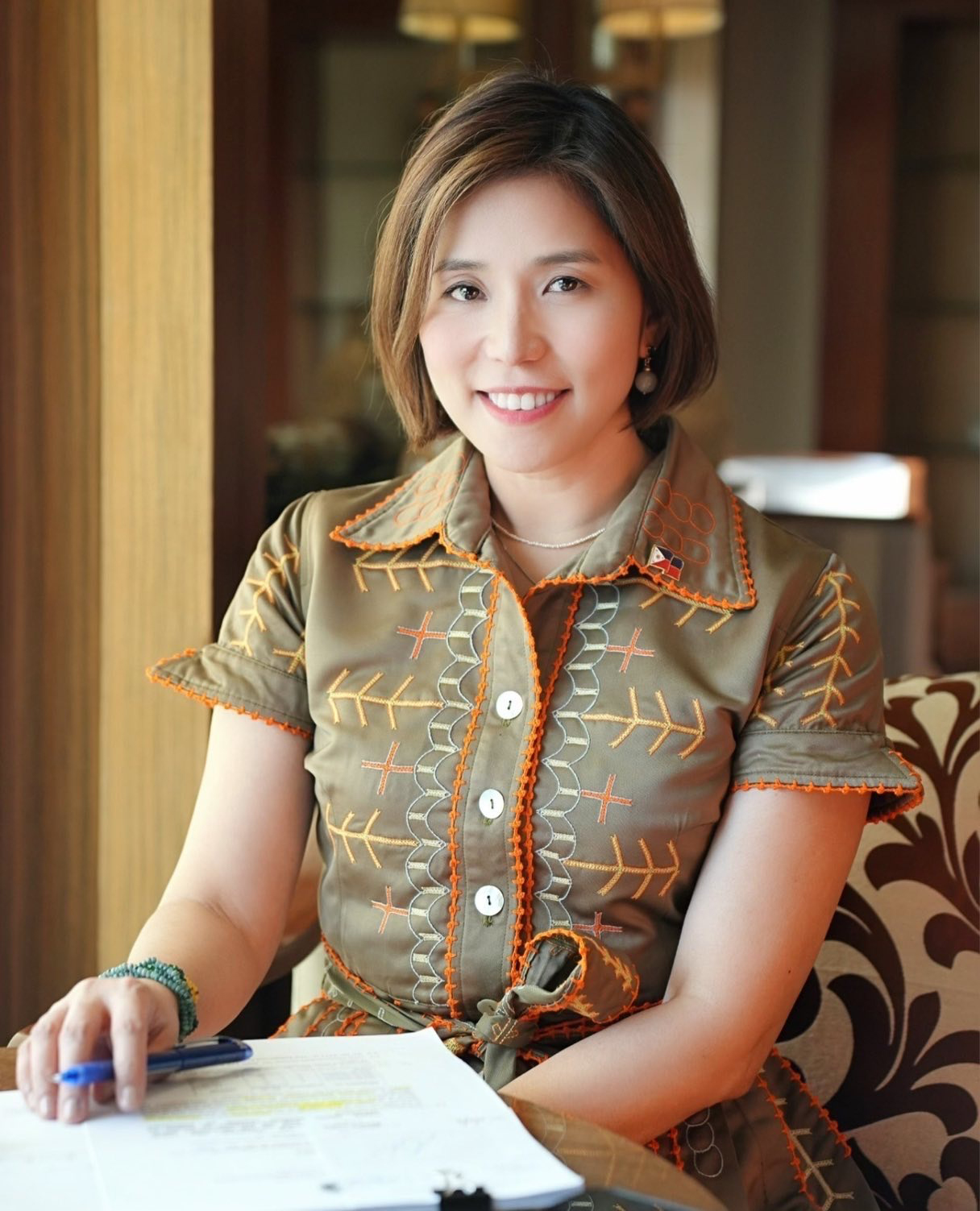CSW68: Marching toward a world where women and girls have a chance, a choice, and an opportunity to realize their dreams
BEYOND BUDGET

Assalamu alaikum wa Rahmatullahi wa Barakatuh.
Last week was an eventful and productive week for me and the entire Philippine delegation as we attended the 68th annual session of the United Nations Commission on the Status of Women (UN CSW68) at the UN Headquarters in New York City (NYC), USA.
As Head of the Delegation (HOD), I feel proud to have successfully represented our country at this year’s largest UN gathering aimed at addressing gender equality and women’s empowerment worldwide. With the priority theme, “Accelerating the Achievement of Gender Equality and the Empowerment of All Women and Girls by Addressing Poverty and Strengthening Institutions and Financing with a Gender Perspective” — policies I strongly support — I was delighted to exchange best practices with other nations.
At the opening of CSW68, I stood alongside His Excellency Ambassador Antonio Lagdameo, the Permanent Representative of the Permanent Mission of our country to the UN and Chair of the CSW68, thrilled to greet and be surrounded by distinguished world leaders and empowered women. I felt great joy and pride in seeing Ambassador Lagdameo lead this milestone event for the Philippines, especially when he renewed our country’s commitment and reiterated that “women’s rights are human rights.”
Based on the World Economic Forum’s 2023 Global Gender Gap Report, the Philippines ranked 16th globally, three positions up from the 2022 Report, and second in the East Asia and the Pacific Region in closing the gender gap. This is a testament to the progress we've made and the inclusivity and representation we have achieved and shall continue to strive for in our pursuit of gender equality and empowerment on a global scale.
Thus, during the general discussion and the first Ministerial Round Table, I highlighted the notable strides of our country in advancing women’s rights. These include the enactment of the Magna Carta of Women, and the allocation of at least five percent of government agencies’ budget to support gender programs and activities since 1995, also known as “The Women’s Budget,” among others. I also emphasized our nation’s unwavering commitment as the UN’s partner in contributing to poverty eradication, acceleration of gender equality, and empowerment of all women and girls, as reflected in our national strategic plans.
Indeed, we have done a lot. Still, I believe there is more to do to achieve a genuinely inclusive and gender-fair Philippines and world. Hence, I underscored that this challenge should motivate us to rise above our limitations and — in the true spirit of equality — make our voices even louder to achieve a future of empowered women and girls in a gender-equal world.
Throughout the week, I was moved by the passionate speeches of my co-HODs and presenters from different member states and representatives from the youth sector and civil society organizations, hearing their touching stories on their struggles and triumphs in protecting and promoting women's empowerment and gender equality. This made me realize that we are not alone in this endeavor. I was equally amazed to see how women in power cement their respective roles in society.
On the sidelines of the CSW68, I had the opportunity to engage with fellow gender advocates from Australia, Singapore, France, and the Czech Republic. These bilateral meetings made a deep impression on me as they shared their admirable work, which inspires change, promotes women's rights, and champions gender equality.
To wrap up the week, I chaired the Interactive Dialogue (ID) on the review theme. I was inspired to learn the experiences of various countries, such as Colombia and Mexico, in implementing the agreed conclusions during the CSW63, which focused on social protection systems, access to public services, sustainable infrastructure, and inclusive finance. Truly, public policy targeting these services can change women’s narrative, especially in rural communities. The crucial role civil society organizations play in advancing the equality agenda should also not be disregarded.
The CSW68 has further ignited my burning passion to promote women’s empowerment and gender equality in our country. Indeed, there’s more to be done, including further empowering the Philippine Commission on Women, strengthening gender and development mainstreaming in agencies, and institutionalizing gender tagging in national government projects, to name a few.
Most importantly, the discussions emphasized the necessity of a whole-of-government approach to address women's issues, such as period poverty, or the lack of access to menstrual products, hygiene facilities, and reproductive education that affects women globally, causing physical, mental, and emotional challenges. With a population of over 110 million, almost 50 percent of which are female, we need to understand the sociocultural, economic, and even political barriers to menstrual products, education, and sanitation, as well as their impact on health. Thus, I believe a study is needed to identify the causes and understand the gravity of the issue in the Philippines.
Beyond budget, I am positive that the Philippine delegation will take the insights from CSW68 into action plans. As President Ferdinand R. Marcos Jr. said in his video message during the Welcome Reception, “Without meaningful participation of women, we cannot move forward as a nation and successfully attain our country’s goals.” Hence, together, as a society, let’s drive gender equality and women’s empowerment. Let us march towards a Bagong Pilipinas and a world where people are valued regardless of gender and where women and girls have a chance, a choice, and an opportunity to harness their potential and realize their dreams.
(Amenah F. Pangandaman is the Secretary of the Department of Budget and Management.)